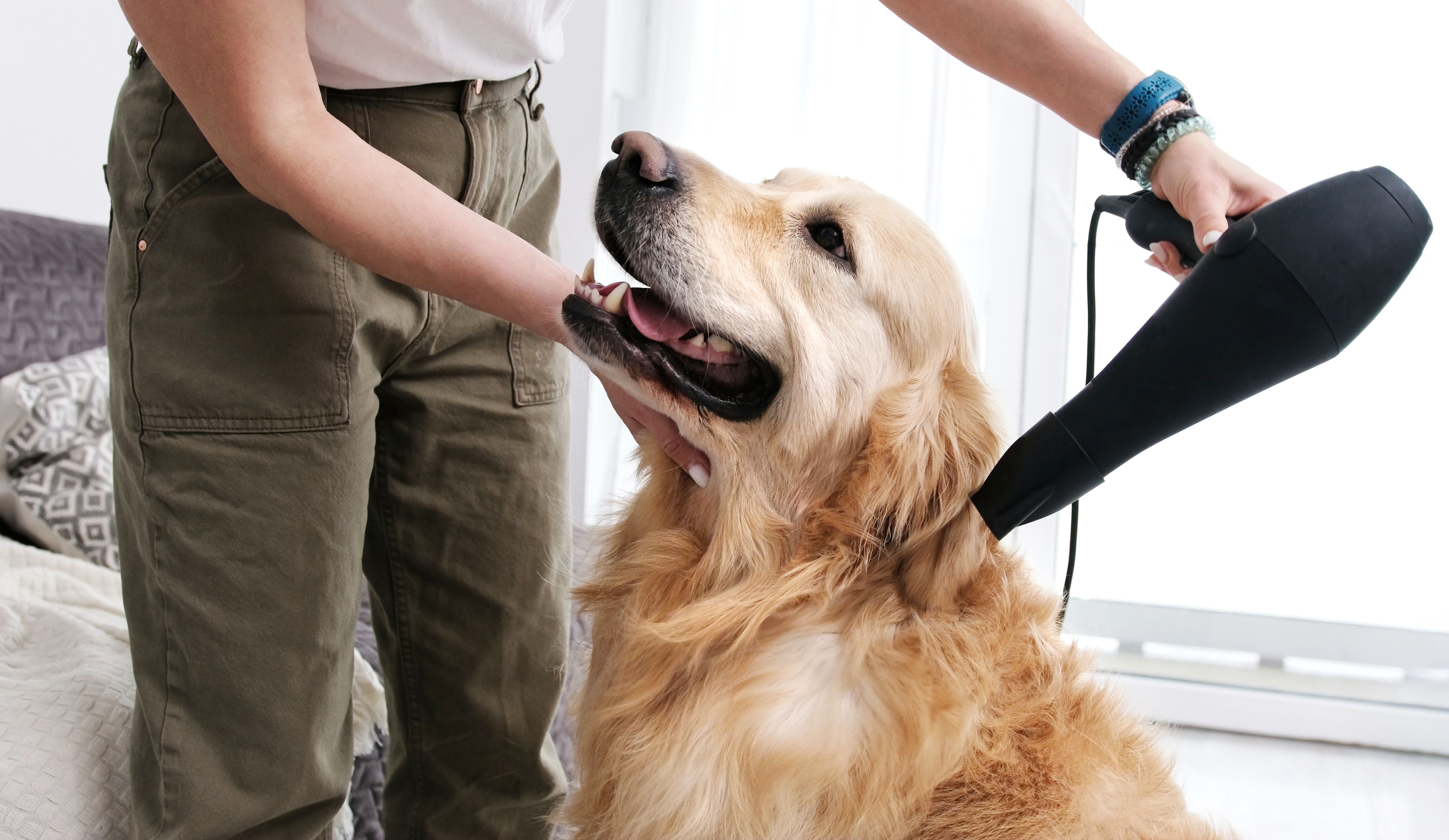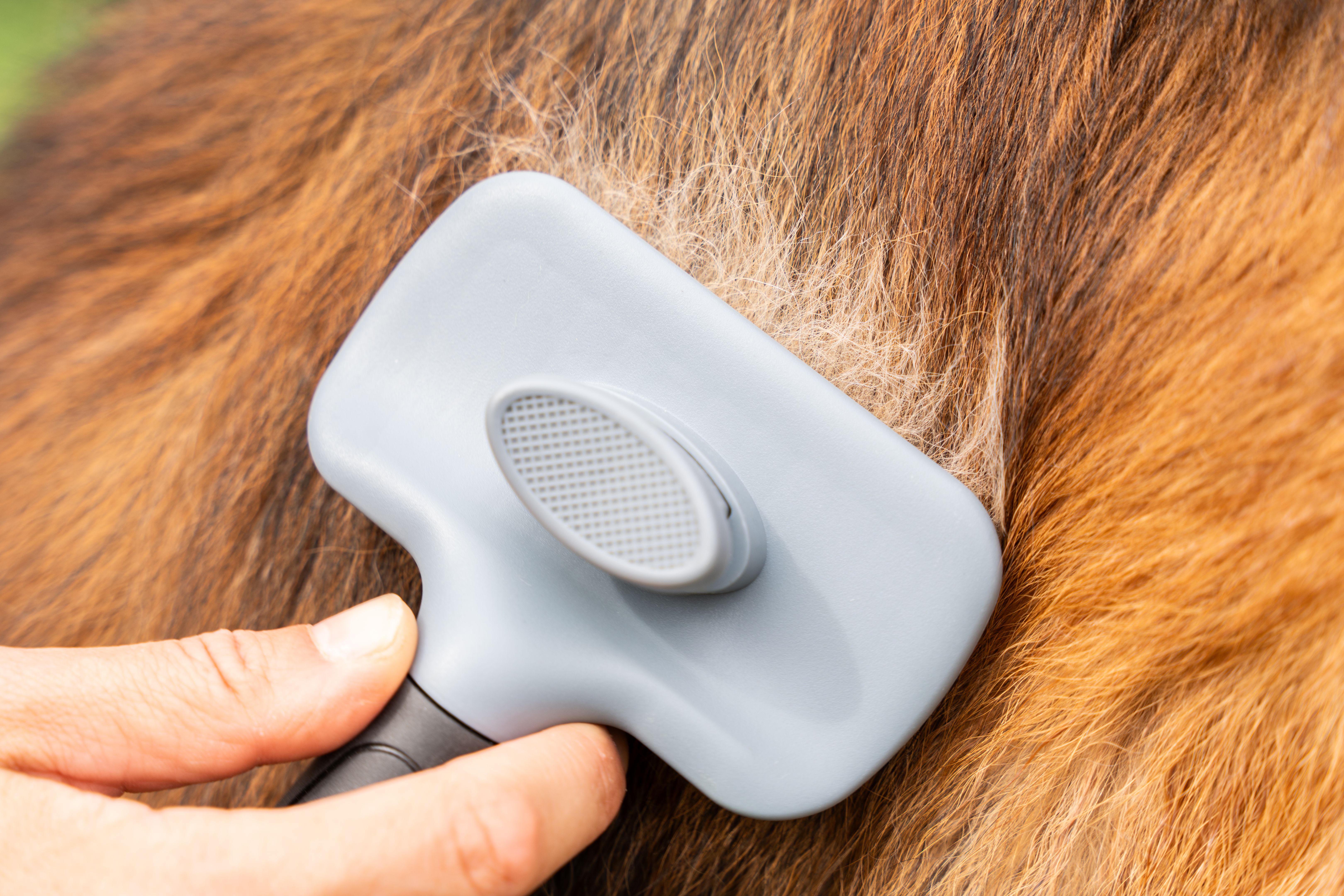Winter Grooming Tips for Your Pet
Understanding Your Pet's Winter Needs
As the temperature drops, your pet's grooming routine needs a seasonal adjustment. Winter weather can bring about dry skin, brittle fur, and other issues that affect your pet's comfort and health. By tailoring your pet's grooming regimen to the colder months, you can ensure they stay happy and healthy all winter long.

Adjusting Bathing Frequency
During winter, it's essential to reduce the frequency of baths as they can strip away the natural oils that keep your pet's skin moisturized. Aim to bathe your pet every 4-6 weeks, depending on their breed and coat type. When bathing, always use lukewarm water and a gentle, moisturizing shampoo formulated for pets.
Importance of Brushing
Brushing plays a crucial role in your pet's winter grooming routine. Regular brushing helps distribute natural oils throughout your pet's coat, preventing dryness and matting. For dogs with longer hair, daily brushing is recommended, while short-haired breeds can be brushed 1-2 times a week.

Paw Care During Cold Weather
Your pet's paws are particularly vulnerable in winter. Snow, ice, and salt on sidewalks can cause irritation or even injury. To protect their paws, consider using pet-safe balms or booties. After walks, wipe your pet's paws with a damp cloth to remove any salt or chemicals that may have accumulated.
Hydration and Diet
Ensuring your pet stays hydrated is just as important in winter as it is in summer. The dry winter air can dehydrate your pet, so make sure they have access to fresh water at all times. Additionally, consider increasing their food intake slightly to help maintain their energy levels and body heat during colder months.

Protecting Against Dry Skin
Winter air can lead to dry skin in pets, causing itching and discomfort. To combat this, you can add a humidifier to your home to maintain moisture in the air. Additionally, incorporating omega-3 fatty acids into your pet's diet can help keep their skin healthy and hydrated. Consult your veterinarian before making any dietary changes.
Regular Vet Check-Ups
Finally, it's essential to keep up with regular vet check-ups during the winter months. Your veterinarian can provide personalized advice on grooming and care tailored to your pet's specific needs. Regular check-ups ensure that any potential health issues are caught early on, keeping your pet in optimal health throughout the season.